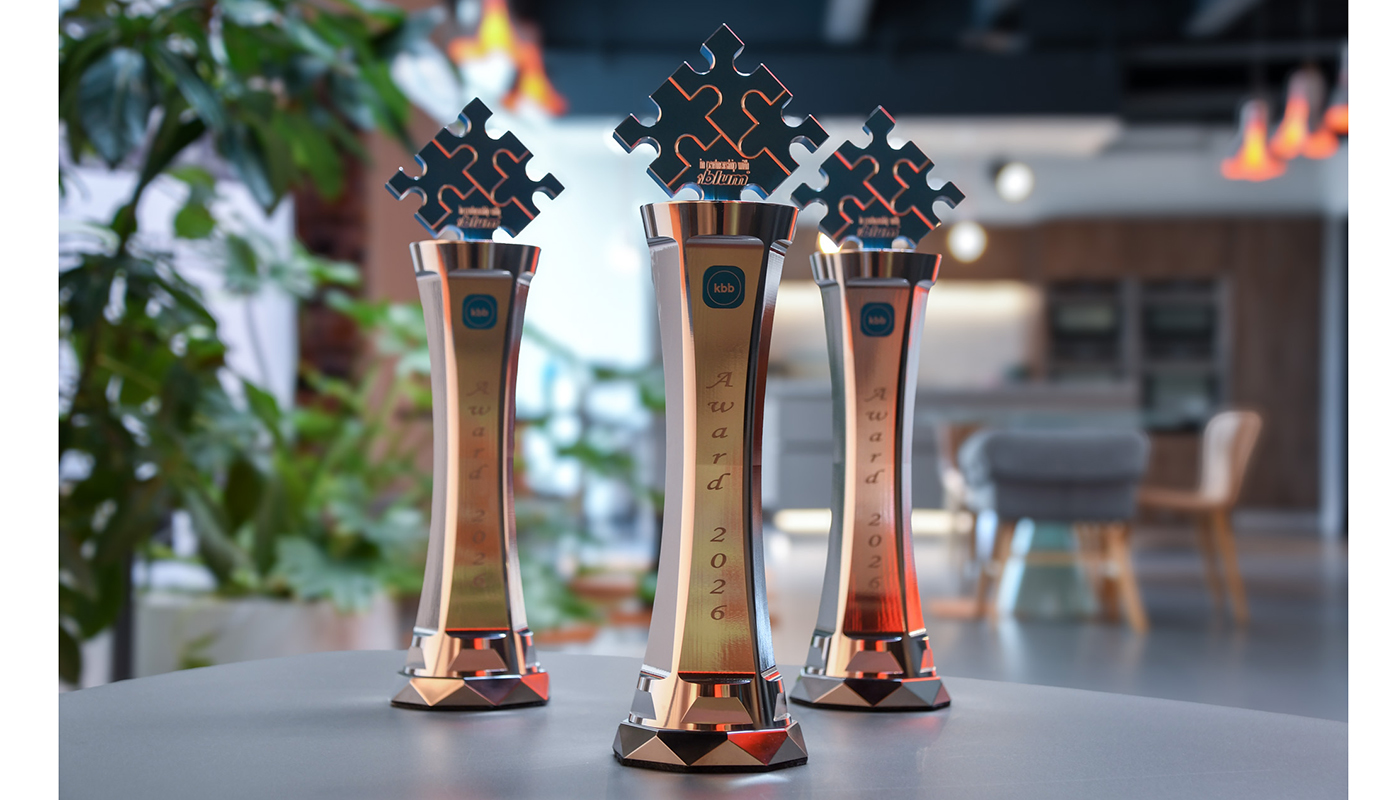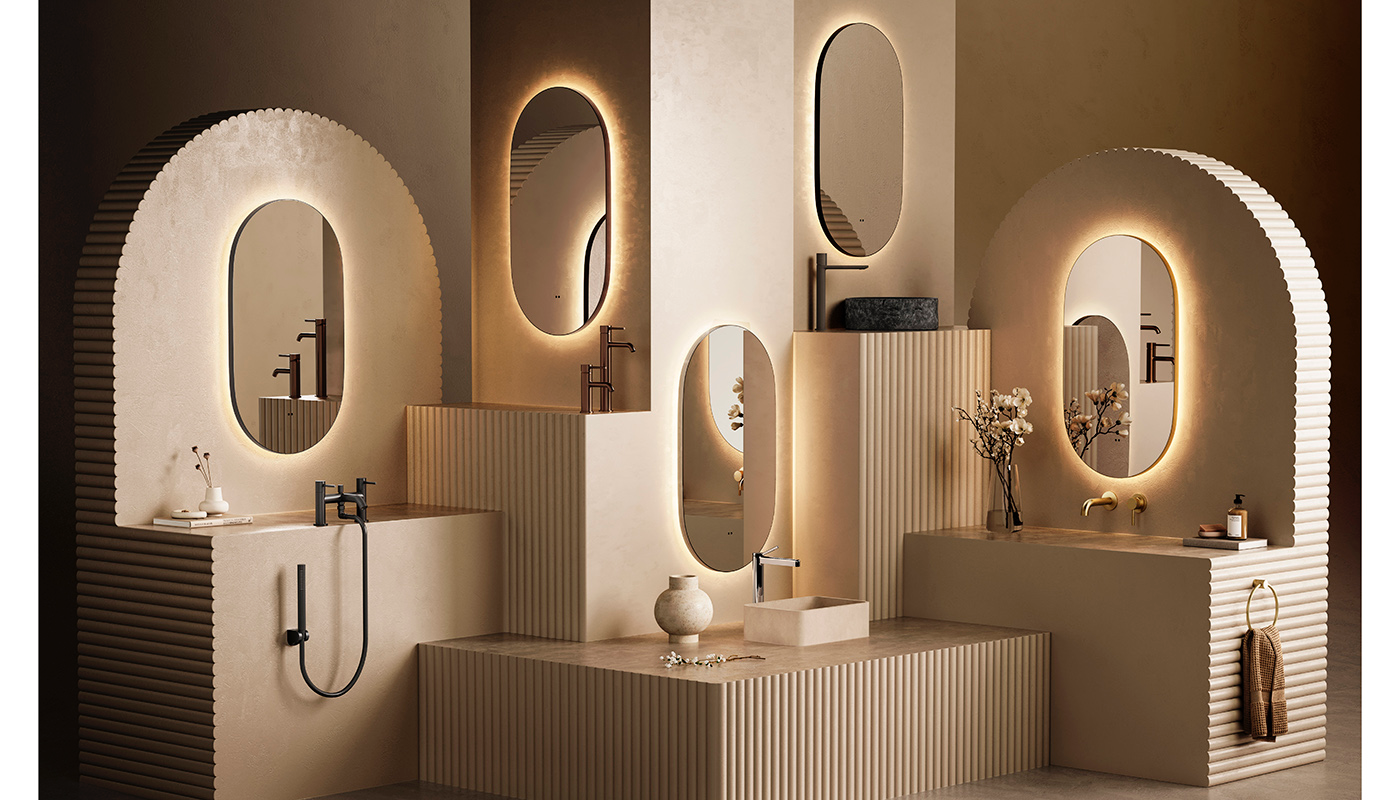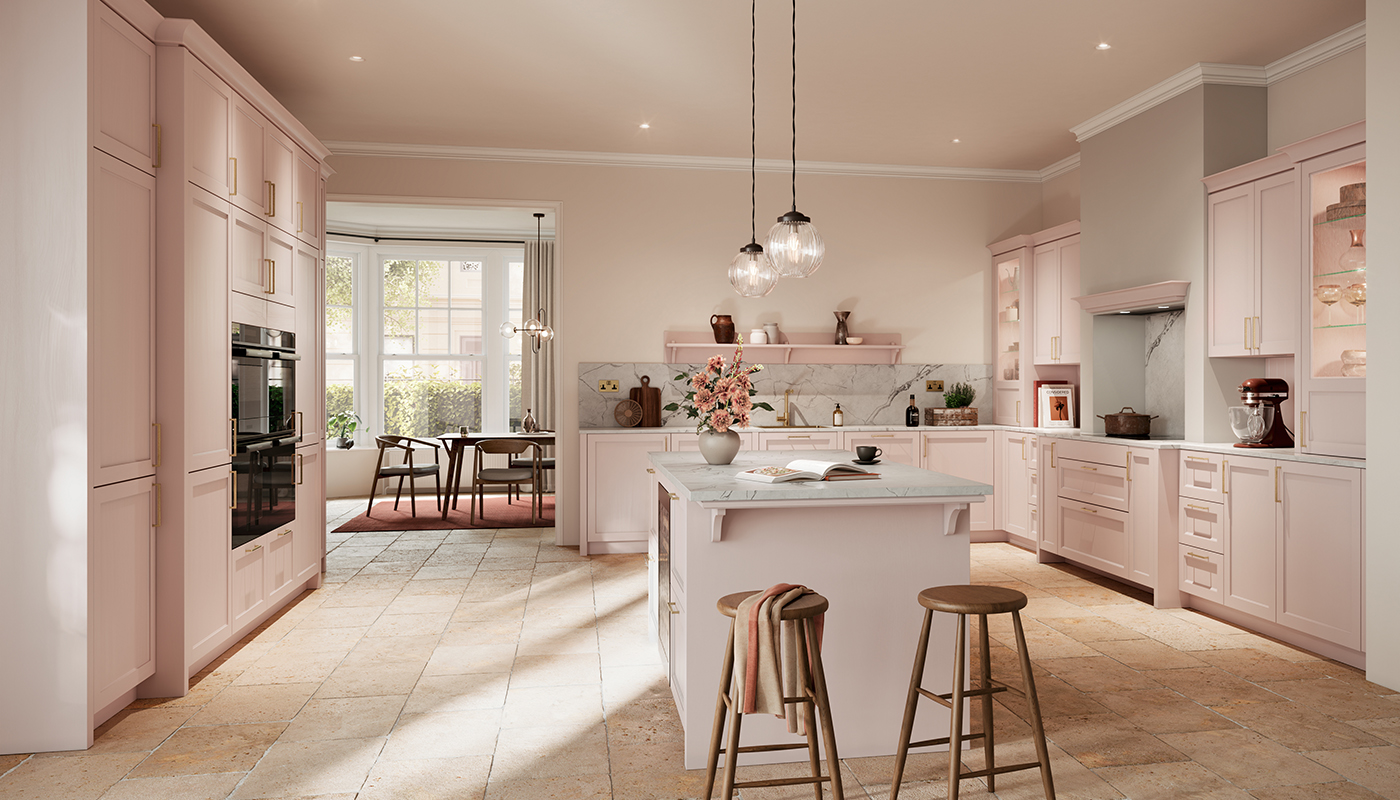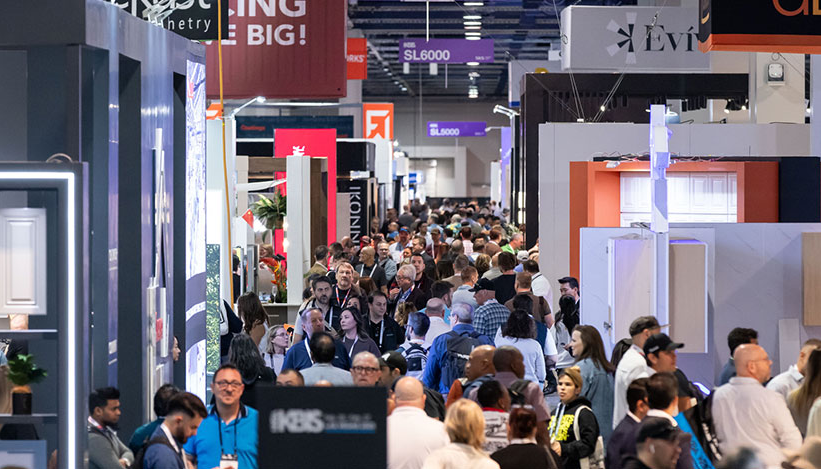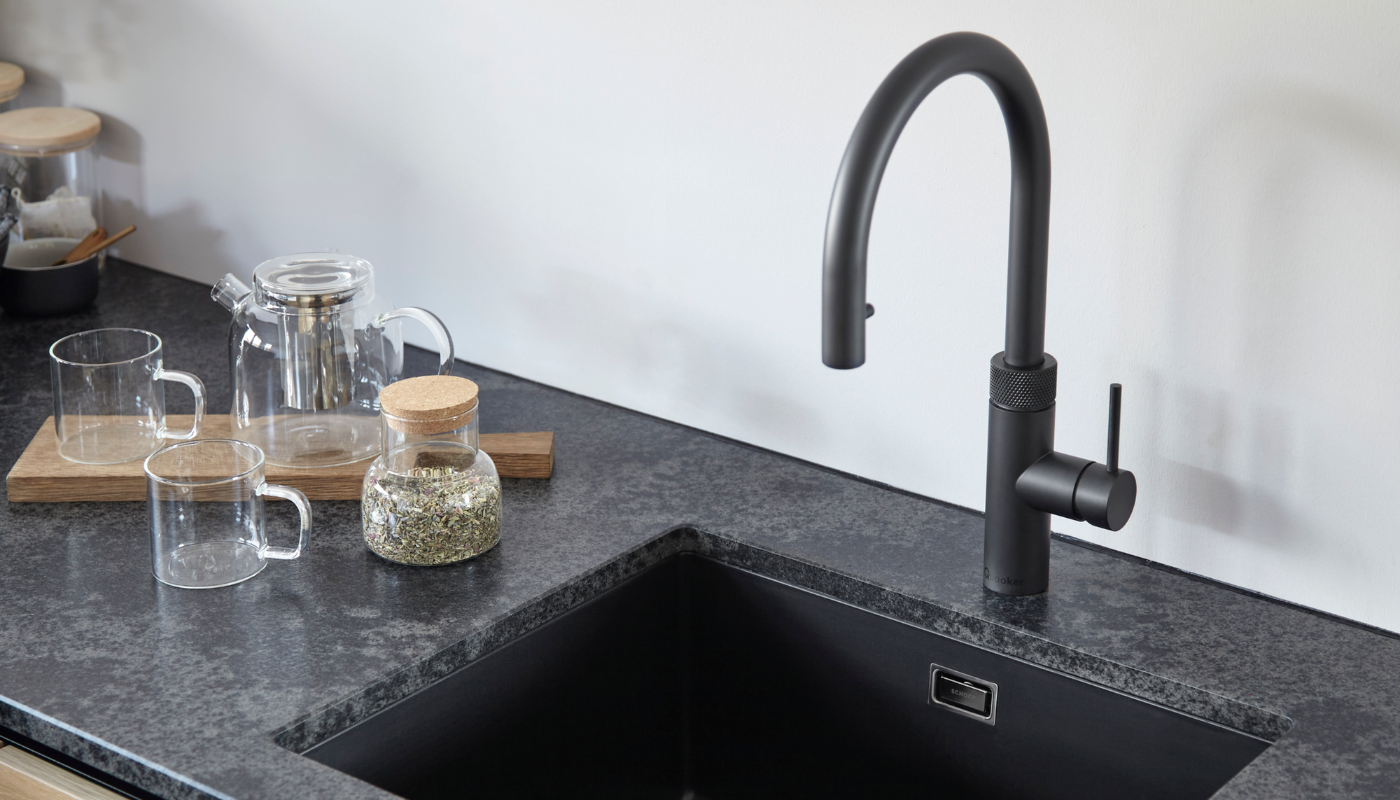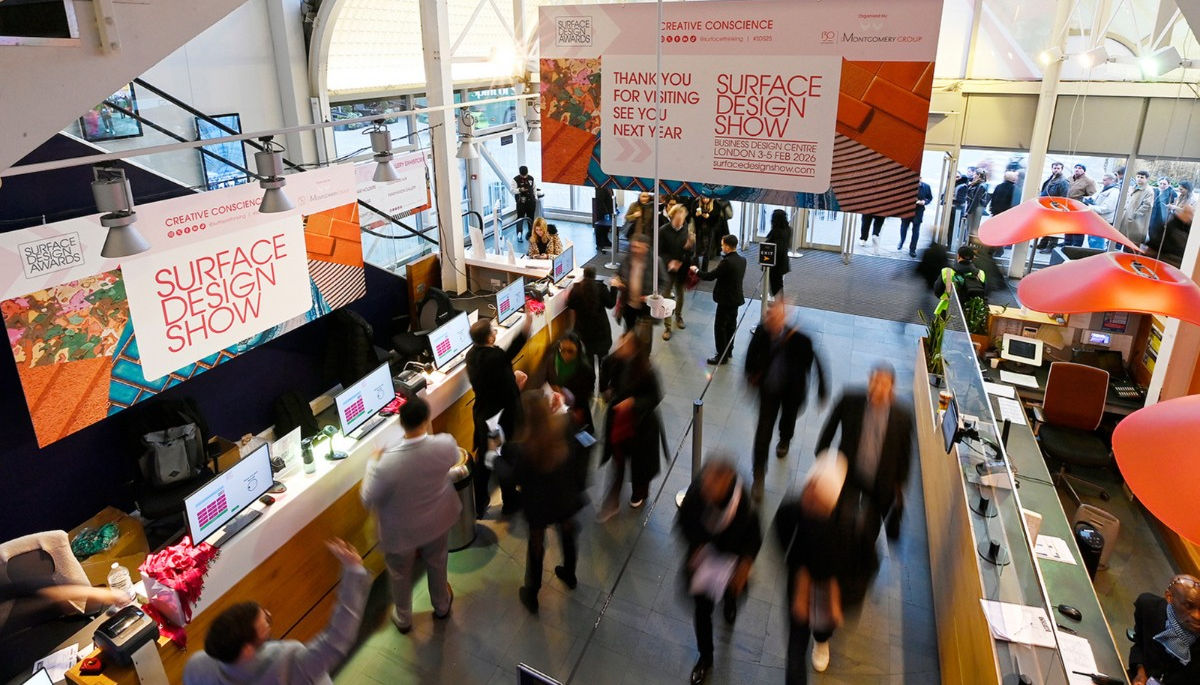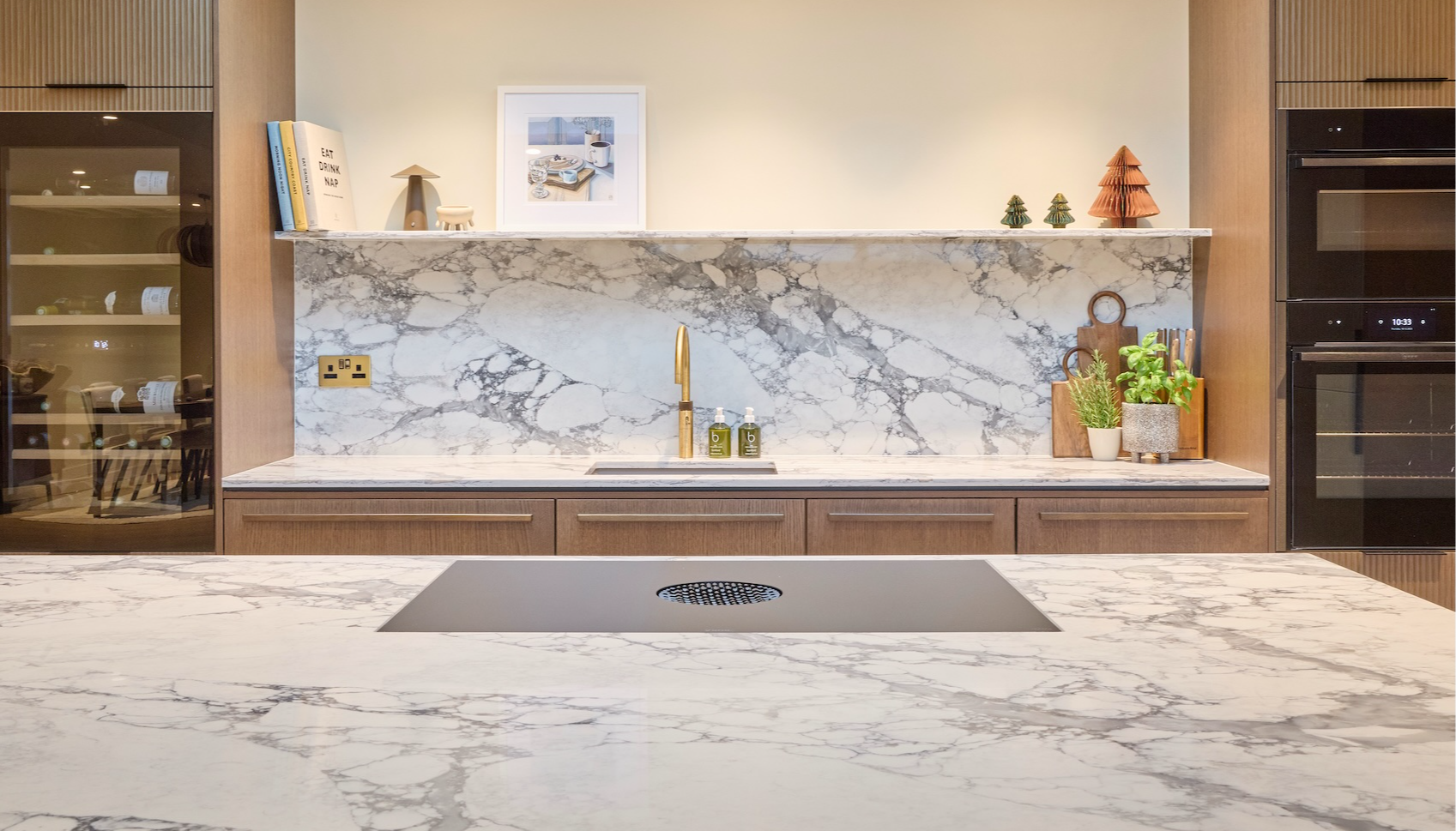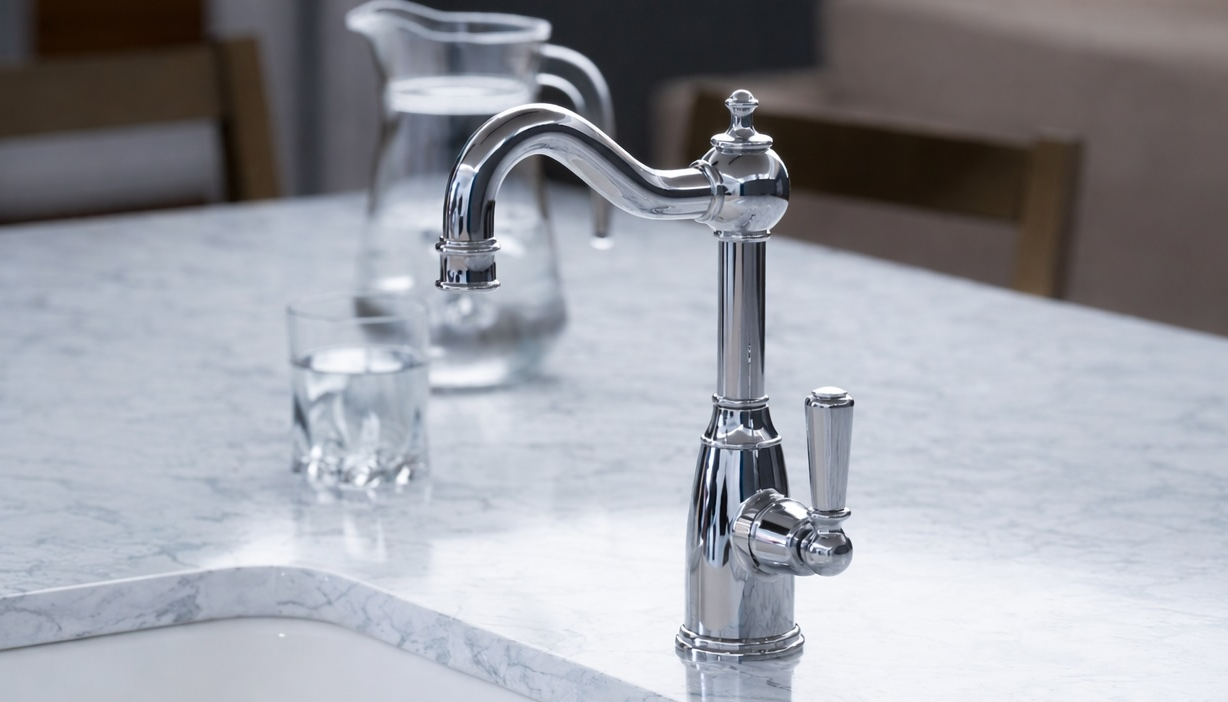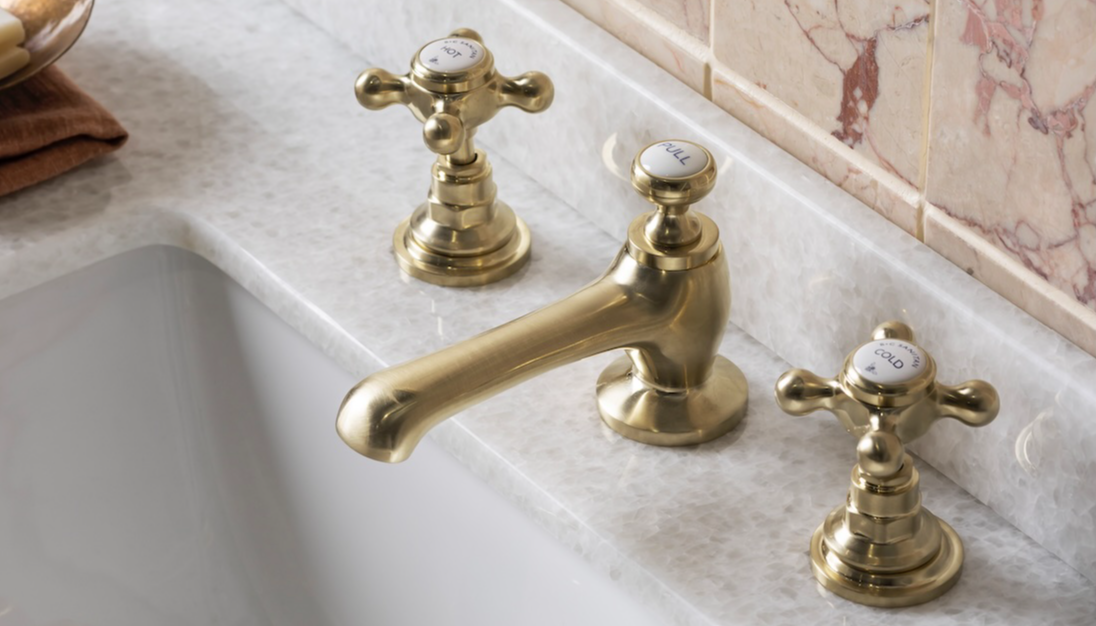JKMR's Jayne Barber – So will AI call time on KBB industry jobs?

JKMR's Jayne Barber – So will AI call time on KBB industry jobs?
Jayne Barber, director of B2B research company JKMR, looks to the future and considers the implications of AI when it comes to industry jobs – will it lead to the end of our working world as we know it?
AI can (arguably) write press releases and marketing material just as well as – and undoubtably faster than – many humans. So maybe as AI becomes more widespread suppliers will bring such functions in-house and retailers may do more of their own PR. After all, AI can trawl the Internet far faster than a human in order to recognise, collate, and report on, changing consumer fashions and concerns, along with shifts in demographics and spending patterns. So it would make sense for AI to be used within R&D – but I use the word ‘used’, not ‘control’, for what AI cannot do – at least at present – is come up with totally original ideas.
If you have a genius idea for a new domestic appliance or bathroom fitting (and the industry does need new products to drive it), then AI can advise you how to let the world know about it and create your marketing plan. Providing you can tell the AI what your amazing new invention will look like, and how you envisage it working, it can create hyper-realistic visualisations and 3D plans to help turn idea into reality. So AI could potentially help the industry be more creative and entrepreneurial; but only if the human brain provides it with ideas in the first place.
A big question at the recent KBSA conference was: Will AI supplant showroom staff? In my opinion: Yes, as long as clients merely want like-for-like replacement, then providing AI is asked the right questions and looks for answers in the right place, it will be able to create a workable KBB design. Quite likely, the mass volume retailers will roll out AI in design and customer service since they can tell it to limit suggestions to only solutions they can provide, and such limited AI may well work out cheaper than employing humans in a few years' time.
But in the independent sector: No. Because selling KBB in a specialist setting isn't just about creating a design and sourcing products. It's about understanding the client: Asking questions they haven't even thought of themselves; being able to recognise the difference between what they appear to want and what they actually want; explaining to them the rationale and emotions behind the designs. AI cannot do any of these things. It cannot hold their hand all the way through the process; it cannot proactively come up with a novel solution to a problem; and it most certainly can not mediate between a frustrated fitter, an irritated client, and a supplier log jam.
So for now, yes, AI can create basic designs and help in running a business. But it cannot supplant a human designer in any real sense of the word, and beyond a certain point it can’t provide the customer care someone entrusting a five (or six) figure sum to you will want to hope they can rely on.
As for the day AI becomes entirely self aware and can empathise: Well, at that point we will all have rather bigger things to worry about than who or what is designing a new kitchen, bathroom or bedroom.
Tags: insight, features, jayne barber, jkmr, ai, kitchens, bathrooms




